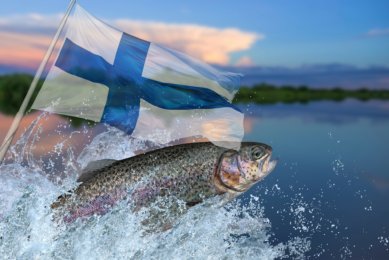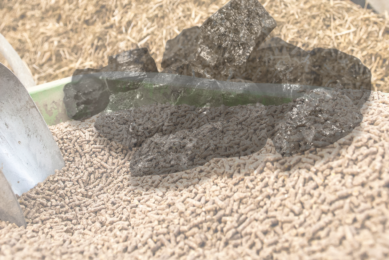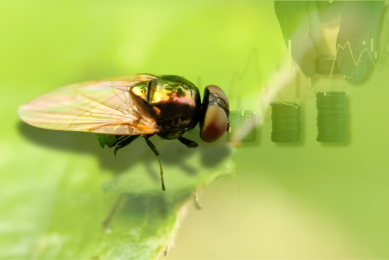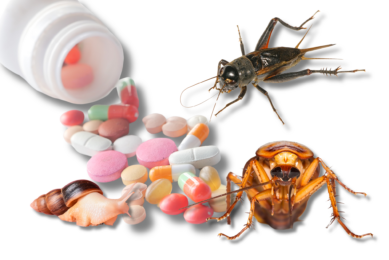As trade with Europe fades, Russia scraps insect sector expansion
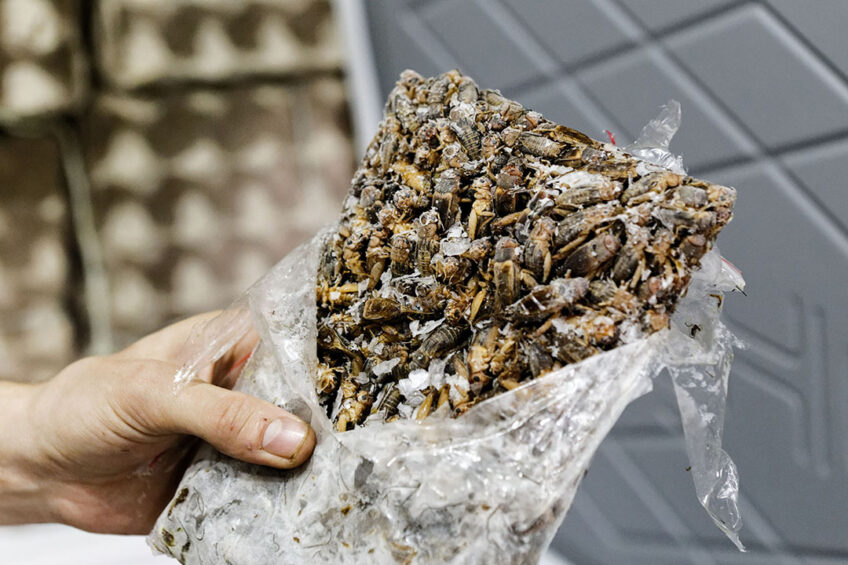
Russian Deputy Prime Minister Victoria Abramchenko said that the scope of insect meal use should be narrowed down to fish feed. Scientists believe that, as export opportunities in Europe fade, insect meal production in the country no longer makes sense.
Russian veterinary regulations allow insects to be used only in fish feed. In previous years, Russian authorities reported mulling the idea of extending this practice to other feed segments and even the food industry. However, it looks like these plans were eventually abandoned.
Crickets and other insects should not be used in food production, Abramchenko told Russian state news outlet Ria Novosti. The concept under which insect meal production is scaled up in other countries would not fit Russia.
“Chasing lower methane emissions, Western countries refrain from supporting livestock industry, so they start looking for alternative [food]. We, in turn, propose to manufacture fish feed [from insects],” Abramchenko indicated.
After 2022, the trade partnership between Russia and Europe has practically disappeared, and now we do not need to support European ideas regarding breeding insects
Pyotr Kutsenogiy
Exports to Europe are no longer on the cards
The rationale behind establishing insect meal production in Russia was to keep good trade relations with Europe, Pyotr Kutsenogiy, deputy director for innovation at the Institute of Cytology and Genetics under the Russian Academy of Science, told local news outlet Om1.
He explained that Russian businesses expected that in the future, this step would help establish livestock exports to Europe under lower import duties, as adding insect meal to animal feed would be considered an environmentally friendly practice.
In addition, insects were seen as a partial alternative to animal protein in Europe. “After 2022, the trade partnership between Russia and Europe has practically disappeared, and now we do not need to support European ideas regarding breeding insects,” Kutsenogiy stated.
Exports to China now look much more promising for Russian businesses, Kutsenogiy said, adding that there is no need to feed animals with insects to gain a foothold in that market.
Unclear prospects
Russian insect meal industry, which was about to perk up in the coming years, faces uncertainty.
A Novosibirsk-based company, Entoprotein, rolled out plans in 2023 to launch a large-scale cricket meat production. The first products were slated to hit the food and feed markets in 2025. However, Om1 reported that the “plans changed, and Russian customers are unlikely to taste this delicacy in the foreseeable future.”
Claims of sanitary risks
Plans for commercially breeding insects have been regularly criticized in Russia. Yakov Novoselov, a corresponding member of the Russian Ecological Academy, for example, warned that such projects bear substantial sanitary risks.
“This is a blind imitation of the West. There is no need for such projects. In my opinion, this is simply an attempt to create a new market niche. Moreover, there are certain risks and threats to human health and life,” Novoselov.




